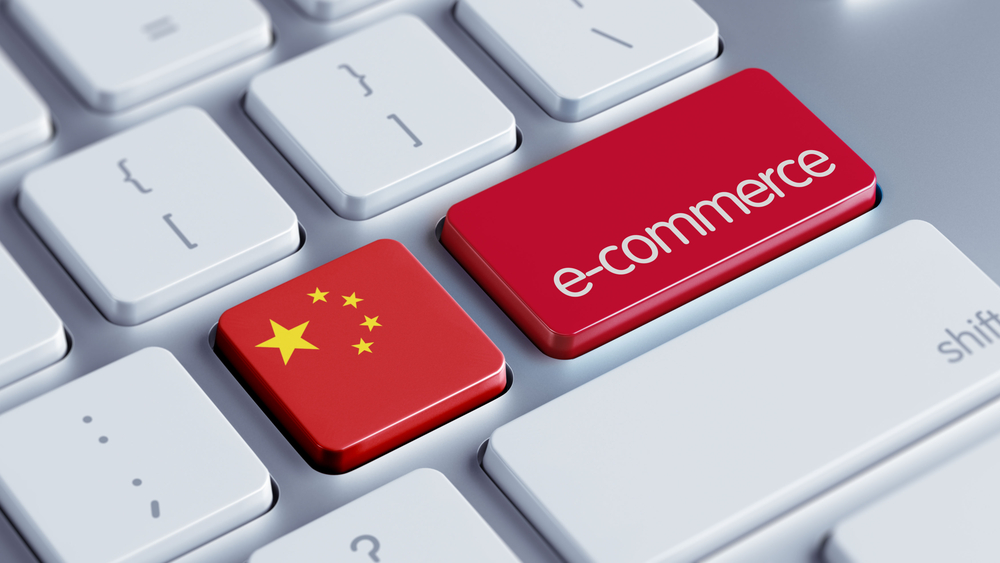Gaining Direction: Navigating China’s Direct Sales Industry
By China Briefing
Posted: 29th September 2016 09:00
China’s direct sales industry has consistently displayed exceptional growth over the last few years. Value growth in 2015 was recorded at 10 percent, partially due to 20 new entrants gaining direct sales licenses in that year, keeping the industry incredibly competitive. If growth of 10 percent is maintained, the industry is expected to see a value compact annual growth rate (CAGR) of six percent. However, sales value shares will be sapped by increasingly powerful internet retail and other types of retail channels, and so direct sales growth may decline.After China joined the World Trade Organization in 2001, the direct sales industry was a grey area, regarded as an illegal activity until the first concrete legislation was released by the State Council in 2005. The legislation consisted of two laws, namely the Regulation on Direct Sales, and the Anti Pyramid Selling Regulation.
Pyramid selling is defined as different to direct sales in that it requires sales personnel to make investments in inventory upfront, lacks return or refund policies, and makes remuneration based on recruitment. On the other hand, direct sales operations employs personnel as sales promoters, and has a series of policies which safeguard consumers. Pyramid selling is specifically highlighted as an illegal activity in China.
The Regulation of Direct Sales stipulates that a company must first obtain approval from the government, obtain a direct sales license and establish a local entity before engaging in direct sales in China. Since the 2005 regulation was released, the regulatory environment of direct sales has seen some changes, which will be explored below:
2016 update
On March 13, 2016, the Ministry of Commerce issued an adjustment to the scope of products that are allowed to be sold via means of direct sales. They are now restricted to:
1. Cosmetics
2. Cleaning products (personal hygiene products and household cleaning supplies)
3. Health food products
4. Health care equipment
5. Small kitchen implements
6. Household electronic appliances
The adjustment adds a supplement to the 2005 regulation, only expanding scope to household electronic appliances. The regulation upholds that goods that are not to be sold via means of direct sales include restricted goods (ie. Firearms, drugs etc.), perishable goods, bulk commodities, and goods of which value is not easily discernable.
2015 update
The Shanghai Administration for Industry and Commerce (Shanghai AIC) released Regulations on the Management of Direct Sales Industry Behavior in 2015, further clarifying distinctions between direct selling and pyramid selling. This was in reaction to a series of highly publicized investigations by the State Administration for Industry and Commerce (SAIC) into alleged pyramid selling behavior.
The 2015 amendment introduced more stringent requirements which place greater pressure on direct sales companies operating, or seeking to operate, within Mainland China. In addition to the requirements as stipulated in the 2005 regulation, companies must also provide a fixed place of business, a signed distribution contract, company policies allowing for product returns, and training programs for sales staff. Direct sales companies are prohibited from activities that engage in false product promotion and/or disseminate inconsistent information; organize direct selling training or examination; encourage or incentive sales staff to recruit additional salespeople; or engage in any activities that organize or participate in pyramid selling. In addition, direct sales companies must establish comprehensive files about their dealers. These files will detail personal information about dealers and then should be sent to the Shanghai AIC.
Importance to investors
China’s direct sales industry presents foreign companies with great potential and a huge market. However, it is important to know and fully understand the regulatory environment to be compliant when entering. Companies that operate on direct sales models must pay extra caution to Chinese regulations prohibiting pyramid selling, and though they provide sales with transparency, it will also create additional obstacles for direct sales companies in China, significantly hindering market entrance.
Since its establishment in 1992, Dezan Shira & Associates has been guiding foreign clients through Asia’s complex regulatory environment and assisting them with all aspects of legal, accounting, tax, internal control, HR, payroll and audit matters. As a full-service consultancy with operational offices across China, Hong Kong, India and emerging ASEAN, we are your reliable partner for business expansion in this region and beyond.
For inquiries, please email us at info@dezshira.com. Further information about our firm can be found at: www.dezshira.com




Comments